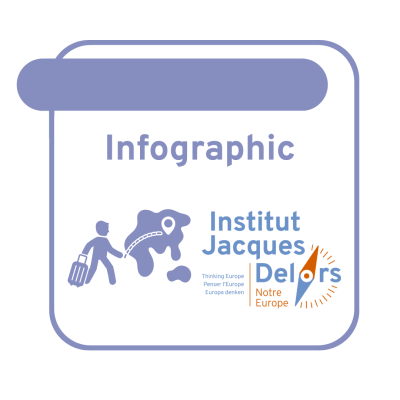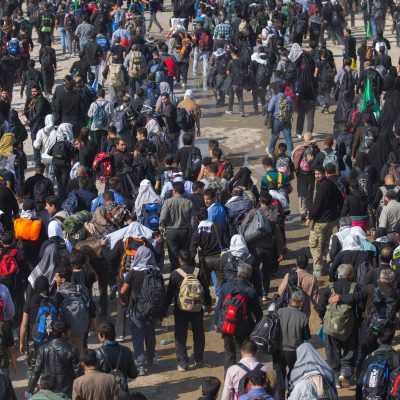The EU performance in the global competition for highly-skilled migrants

This Policy Paper is a contribution of Andreas Ette (for SWP), Roderick Parkes (SWP-PISM), Alicia Sorroza (Elcano) and Carmen Gonzales Enriquez (Elcano), to the project Think Global – Act European (TGAE). Thinking strategically about the EU’s external action directed by Notre Europe – Jacques Delors Institute (report available in March 2013, dir. Elvire Fabry, Senior Research Fellow, Notre Europe – Jacques Delors Institute).
European efforts to attract highly-qualified immigration face several obstacles, from the non-existence of a true intra-European labour market to the difficulties resulting from the overly timid design of the Blue Card. It is still impossible to evaluate the Blue Card’s effect but the changes that have taken place in the European migratory framework since its approval in 2009 should now allow the re-drafting of the Directive to offer a more attractive channel to qualified immigrants. During the past few years, several European countries have adopted new initiatives to attract this immigrant-type, bringing about a set of experiences over which a new common and more ambitious framework can be built. In this context, the paper presents several proposals such as enhanced cooperation amongst sub-sets of member states with similar salary structures, the opening of the academic admissions gate, or measures to enhance intra-European labour mobility of both EU citizens and third-country nationals.




